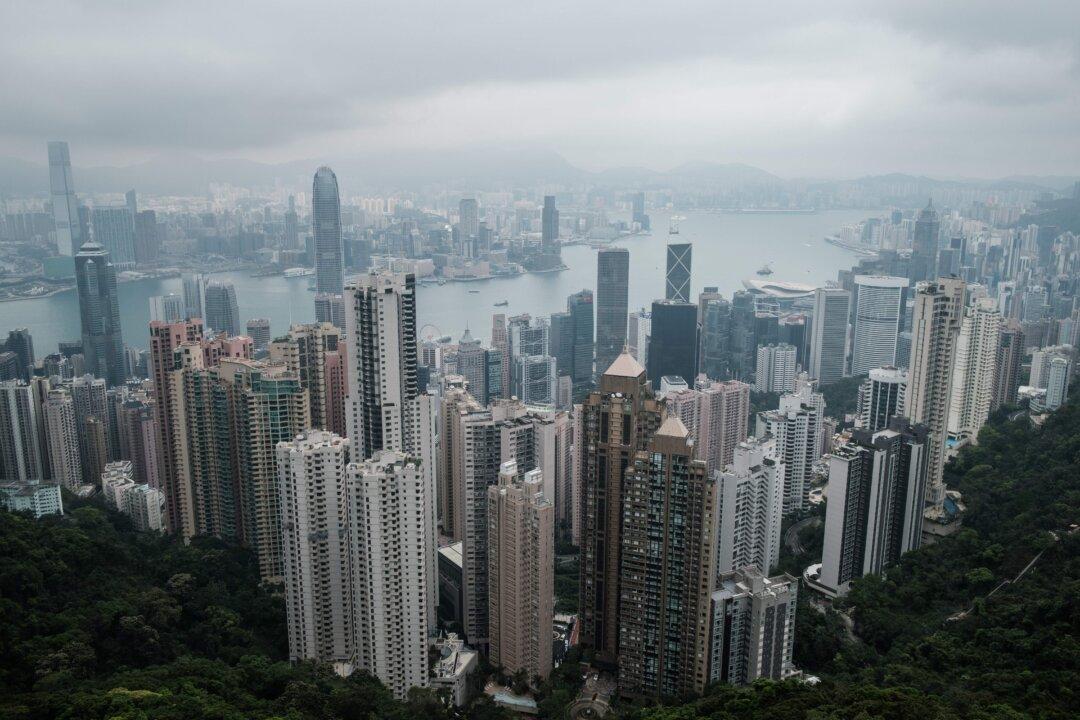Amid recent political events that signaled Beijing’s tightening rule over Hong Kong, local media outlets reported that four senior officials in Hong Kong government would be replaced.
Hong Kong, a former British colony, was handed back to Chinese sovereignty in 1997, with the express guarantee that the city’s autonomy and essential freedoms would be preserved.





